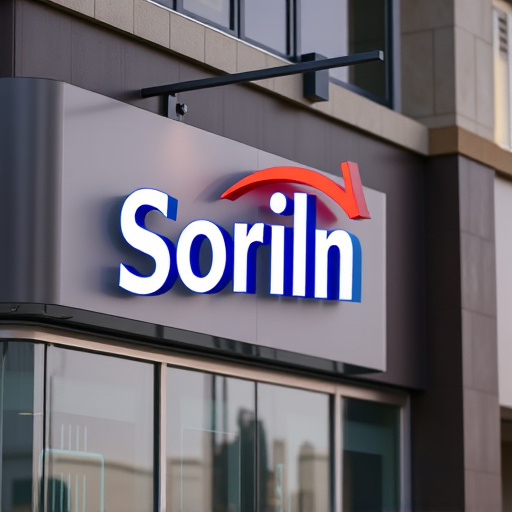Businesses should optimize content with location-specific keywords to enhance local SEO, targeting time-sensitive and task-oriented search queries from nearby users. Incorporating relevant keywords naturally, creating informative content tailored to local needs, and utilizing geotagging and map integration tools like Google Maps help improve online visibility and user experience for local audiences.
In today’s digital landscape, local search engine optimization (SEO) is paramount for businesses aiming to thrive in their regions. Understanding that 80% of consumers search for local businesses online, this strategy focuses on optimizing content for location-based queries. By crafting relevant, area-specific content and implementing geotagging with map integration, businesses can significantly boost their visibility and connect with nearby customers. These strategies are essential tools to navigate the competitive local market and foster stronger community ties.
- Understanding Location-Based Search Behavior
- Crafting Relevant Content for Local SEO
- Utilizing Geotagging and Map Integration Strategies
Understanding Location-Based Search Behavior

Understanding Location-Based Search Behavior is a pivotal aspect of Local Search Engine Optimization (SEO). Today, many users turn to local search engines when they need products or services nearby, often using specific terms like “restaurants near me” or “plumbers in Arlington.” This behavior reflects a growing reliance on digital tools for immediate, location-specific needs. Marketers must recognize that when a customer searches for a service within a particular area, their intent is typically time-sensitive and task-oriented.
In response to this trend, businesses like those offering web design Arlington or digital marketing services in Dallas should strategize their online presence accordingly. Optimizing content with location-based keywords can significantly enhance visibility on local search results pages (SERPs). For instance, including terms related to the “Miami area” in SEO strategies ensures that local businesses appear when customers nearby are actively searching for relevant products or services.
Crafting Relevant Content for Local SEO

Creating relevant content is a cornerstone of local search engine optimization (SEO). When crafting content for your business’s local SEO strategy, focus on keywords and phrases that potential customers in your area might use when searching for services or products similar to yours. For instance, if you offer web design services in Fort Worth, consider incorporating terms like “web design near me” or “Fort Worth website design” naturally into your content. This not only signals to search engines the relevant location of your business but also enhances user experience by providing specific and helpful information.
Relevant content goes beyond simply including location-based keywords. It should be informative, engaging, and tailored to address the unique needs and interests of your local audience. For example, you could create blog posts about local trends in web design, highlight successful projects within Fort Worth, or offer tips on choosing a mobile-friendly website design that resonates with businesses in your area. By consistently delivering valuable content, you not only improve your chances of ranking higher in local search results but also establish your business as an authority and trusted resource for the community.
Utilizing Geotagging and Map Integration Strategies

Geotagging and map integration are powerful tools in local search engine optimization (SEO). By incorporating location-based data into your website’s content and structure, you can significantly enhance its visibility to nearby audiences. Geotagging involves adding geographic coordinates to images or content, allowing search engines to index your material with specific locations. This strategy ensures that when users search for services or products within a certain area, your business appears in relevant local results.
Map integration takes this a step further by displaying your company’s physical location on interactive maps on your website. This visual element not only provides customers with a quick reference but also improves user experience. Additionally, integrating Google Maps or similar services can offer valuable insights into customer behavior through reviews and ratings, which can inform your local SEO strategy, including keyword research services and effective link building practices for web design South Florida businesses.
Local Search Engine Optimization (SEO) is no longer an option but a necessity for businesses aiming to thrive in today’s digital landscape. By understanding location-based search behavior, crafting relevant content tailored to specific areas, and implementing effective geotagging and map integration strategies, companies can significantly enhance their online visibility and connect with nearby customers. These techniques empower businesses to navigate the competitive local market, ensuring they remain at the top of search results for their target demographics.














